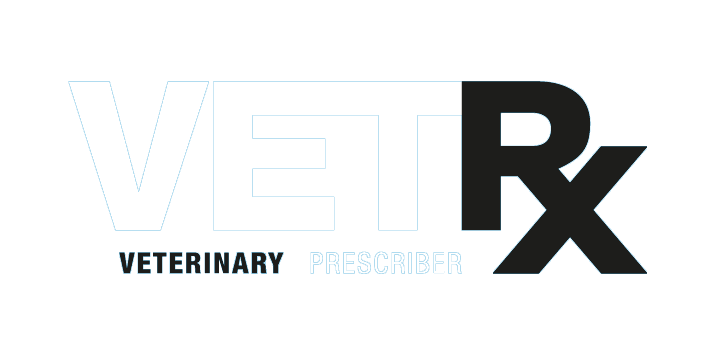The Veterinary Products Committee - what's it for?
There is a group of people that meets three times a year at the offices of the Veterinary Medicines Directorate (VMD) in Surrey in normal times, but more recently online. It is an eclectic group covering of a wide range of veterinary specialties and other disciplines. The group is called the Veterinary Products Committee (VPC).
Why the need for a VPC?
The requirement for this independent scientific advisory Committee is enshrined in the Veterinary Medicines Regulations (VMR), which state that “There shall be a Veterinary Products Committee”. The group exists to advise the Deparment for the Environment, Food and Rural Affairs (Defra) on veterinary medicines and animal feed additives, to provide scientific advice on specific scientific issues, marketing authorisations and animal test certificates (ACTs - needed to conduct clinical trials), to consider reports of suspected adverse events (in animals, humans and the environment), and hear representations and appeals on VMD decisons about marketing authorisations and ACTs.
Who’s on it
The Committee, which is chaired by a vet, is made up of vets representing small and large animal practice, health and food safety, pig, poultry and fish medicine, immunology, clinical pharmacology and parasitology; there’s also a veterinary nurse, SQP, pharmacist, statistician, toxicologist, molecular biologist, clinical (human) microbiologist, risk analyst, environmental scientist, farmer and an emergency medicine doctor. Committee members are appointed by the Secretary of State “from professional people who are eminent in their field”. The specialties represented can vary according to need: the inclusion of an emergency medicine doctor was prompted by the high number of reports of needlestick injuries among veterinary professionals and animal handlers. Committee members usually serve for two 4-year terms and membership changes are staggered so that there are always experienced members in post.
The independence of the Committee is a key feature and members must declare any financial interests in the pharmaceutical industry and not take part in giving advice if there are competing interests. As well as discussing the regular business (marketing authorisations, ACTs, adverse events and imported products) in the meetings, there is usually a presentation by a member of the VPC or VMD or an external speaker on a relevant topic (e.g. veterinary medicines and the environment, imported medicines, regulatory frameworks, EU exit/transition). Occasionally a subgroup of the Committee is tasked to consider specific topics (e.g. the environmental effects of companion-animal parasiticides). Each year the Committee evaluates a sample of the VMD's assessments of new applications for marketing authorisations. The purpose is to evaluate the quality of the science-based decisions reached by the VMD's assessors. A summary of the minutes of each VPC meeting is published on the VMD’s website.
The Veterinary Products Committee is a broad-thinking group. It can be seen as an interface between the regulator and everyday practice. As well as responding to the needs of the VMD, VPC members bring news from their own networks and so the VPC can be a forum for flagging up issues or questions that arise in practice.
Find out more
Go to the VPC web page to see the current membership and strategic priorities.
Andrea Tarr
Founder and Director, Veterinary Prescriber
Member of the VPC
Our purpose...
......is to provide busy veterinary professionals with impartial information on veterinary medicines with which to make treatment decisions in the best interests of animals, their owners and the environment. We mainly do this through the Virtual Veterinary Medicines Academy where our evidence-based peer-reviewed appraisals are the result of a rigorous research and editorial process and are presented succinctly in our multi-media CPD modules. We’re independent: we don’t sell ads, or receive commercial support. We’re funded by subscribers so you can be sure the information we provide is completely objective. Subscribers get unlimited access to the Virtual Veterinary Medicines Academy.

